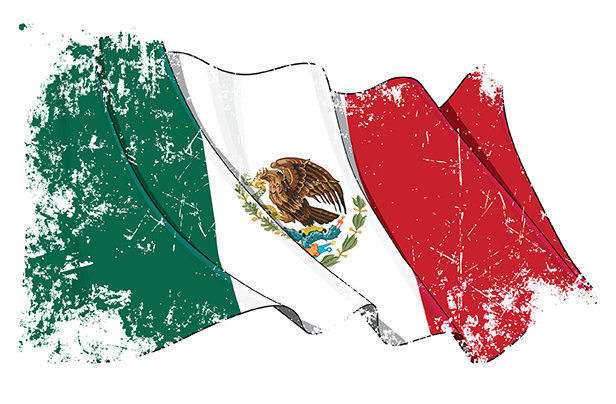Beyond Borders: Navigating Global Business Compliance With the FCPA
Companies with any international operations should ensure they have a robust written policy and compliance program focused on anti-bribery and -corruption.
 It’s no fiesta right now for the peso. The currency recently dropped to a record low—in part over lingering doubts about the future of U.S.-Mexico trade relations under a Trump presidency. The president-elect’s rhetoric of reducing business ties with Mexico has fueled these doubts, helping to make the peso one of the world’s worst-performing currencies of late. In particular, Trump has been vocal about enforcing tariffs on goods made in Mexico, withdrawing from the North American Free Trade Agreement (NAFTA), levying taxes on cash remittances from America to Mexico, and building a wall along the border, which he wants Mexico to pay for.
It’s no fiesta right now for the peso. The currency recently dropped to a record low—in part over lingering doubts about the future of U.S.-Mexico trade relations under a Trump presidency. The president-elect’s rhetoric of reducing business ties with Mexico has fueled these doubts, helping to make the peso one of the world’s worst-performing currencies of late. In particular, Trump has been vocal about enforcing tariffs on goods made in Mexico, withdrawing from the North American Free Trade Agreement (NAFTA), levying taxes on cash remittances from America to Mexico, and building a wall along the border, which he wants Mexico to pay for.
Mexico is the third-largest trading partner for the United States, so needless to say, there is much at stake here for both countries. The two countries have had strong economic ties through NAFTA, which has been in effect since 1994; most of the bilateral trade happens in the context of supply chains in which goods are manufactured across the border. If the United States were to pull out of NAFTA, that move would likely have adverse effects on an already battered peso.
For businesses handling cash flows to and from Mexico, strategies around currency conversion should not be treated lightly. Treasury and finance professionals should ensure that proper controls are in place to mitigate exchange-rate losses stemming from peso volatility. These may include the use of specific financial instruments, as well as comprehensive analytics platforms and related technological tools.
Already have an account? Sign In Now
NOT FOR REPRINT
© 2025 ALM Global, LLC, All Rights Reserved. Request academic re-use from www.copyright.com. All other uses, submit a request to asset-and-logo-licensing@alm.com. For more information visit Asset & Logo Licensing.
Companies with any international operations should ensure they have a robust written policy and compliance program focused on anti-bribery and -corruption.
“A considerable level of uncertainty is likely to dominate the Mexican legal landscape for the foreseeable future.”
As currency trading has become more competitive and commoditized, big Wall Street banks have begun focusing on serving the world’s largest companies.
 Copyright © 2025 ALM Global, LLC. All Rights Reserved.
Copyright © 2025 ALM Global, LLC. All Rights Reserved.
